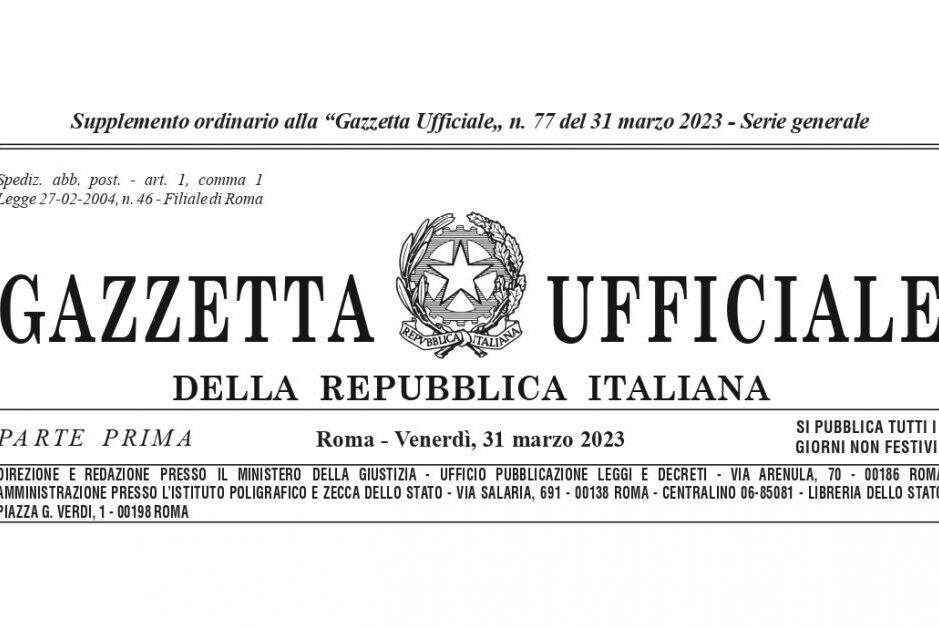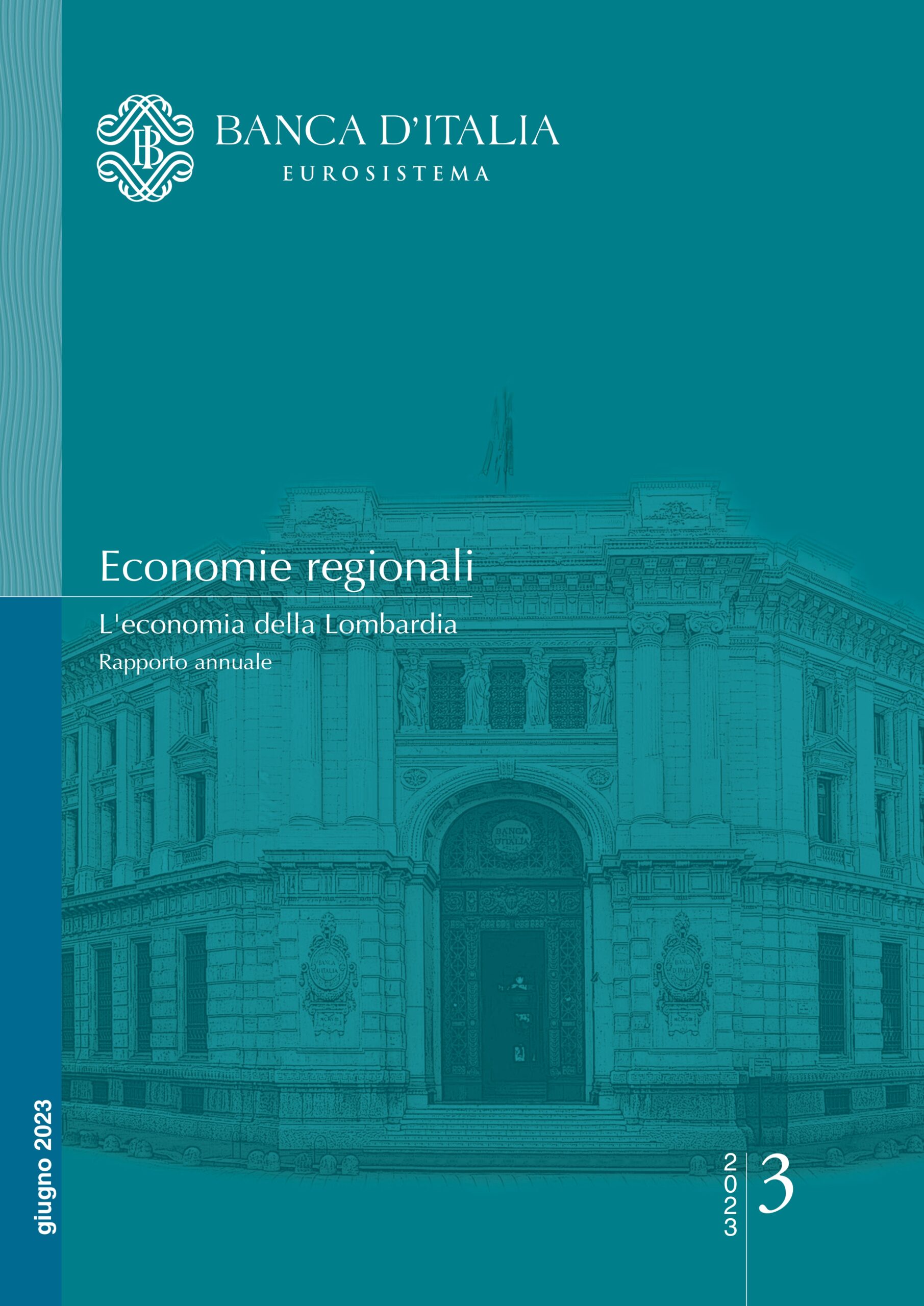THE NEW PUBLIC CONTRACTS CODE HAS BEEN LAUNCHED: THE ONLY DISPUTES OF THE ADMINISTRATIVE OFFENSE AGAINST THE ORGANIZATION CAN DETERMINE ITS EXCLUSION FROM THE TENDER.
On 28 March, the Council of Ministers approved the Legislative Decree implementing art. 1 of Law 21 June 2022, n. 89 authorizing the Government in matters of public contracts. The new Procurement Code will enter into force on 1 April 2023 and will find application for all proceedings subsequent to that date, while the previous text will be repealed from 1 July 2023 (Legislative Decree 18 April 2016, no. 50). The reform aims to reduce the time required to carry out tenders and digitize the entire procurement system. Among the measures prepared, the interventions on Title IV dedicated to the participation requirements and the selection of participants also stand out. Among these, in addition to the elimination of the reference to the plea bargain sentence among the causes for the automatic exclusion of an economic operator (art. 94), there is also the redefinition of the perimeter of the so-called “serious professional misconduct”. The latter is found in the art. 95 among the causes of non-automatic exclusion, in which it is established that the contracting station excludes an economic operator from participating if it ascertains “that the bidder has committed a serious professional offense, such as to make his integrity or reliability doubtful” (of Article 95, paragraph 1, letter e). In then defining the content of the professional offense it is established that this can be inferred from the “disputed or ascertained commission” by the economic operator or by the subjects referred to in paragraph 3 of article 94 – therefore also by the subjects who operate on his behalf such as the technical director, the members of the Board of Directors or the members of the bodies with supervisory powers – of the crimes envisaged by Legislative Decree 231/2001 (art. 98, paragraph 3, letter h, no. 5 of Legislative Decree no. 36 of 31 March 2023). With regard to the means of proof deemed adequate for the purpose of integrating the professional offence, with specific reference to the provision concerning the predicate offenses 231, the definitive sentence, the irrevocable criminal decree, the non-definitive sentence and the precautionary measures are indicated real or personal (Article 98, paragraph 6, letter h). In this sense, the previous text has been partially modified – reasonably – which also considered unilateral acts of the Public Prosecutor to be equally adequate, such as the decree of direct summons for trial or the request for the issuance of the penal decree of conviction. The entity’s administrative liability for crimes thus gains further ground, increasingly becoming a primary element of assessment in the eyes of the Public Administration.









